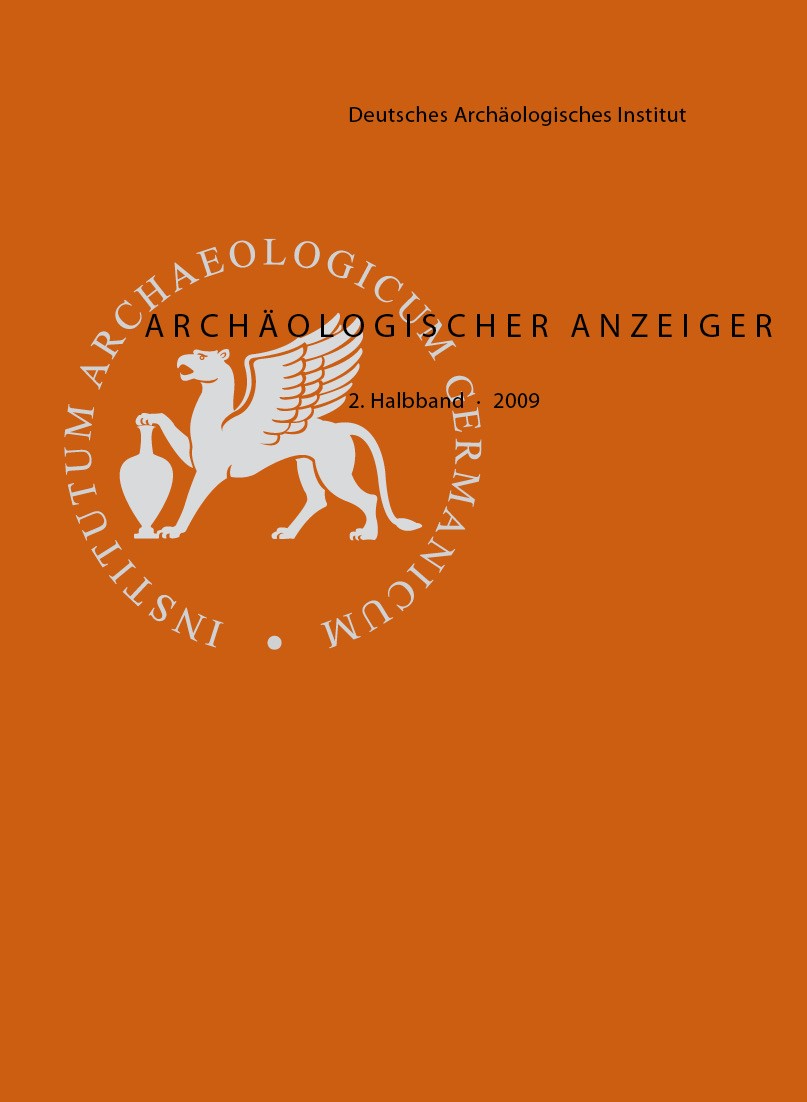All Roads Lead to Nemea: Physical Evidence for Ancient Roads in the Territory of Kleonai in the Northeastern Peloponnesos
https://doi.org/10.34780/c7va-f1vt
Abstract
This paper presents physical evidence for three ancient Greek roads in the territory which belonged to the polis of Kleonai in the northeastern Peloponnesos; thirty-three discrete road sections are documented, consisting of over sixty segments of wheel ruts and associated features such as aqueducts, retaining walls, and quarries. These roads all appear to represent local alternatives on the first portion of an important route branching off of the Corinth-Argos road at Kleonai and leading west via Nemea. Based on autopsy of the region, the reports of early travelers, likely destinations, and potential roadside features, an additional circumstantial case is made that each road had multiple branches which can be plausibly reconstructed and shown to have had diverse functions. The multiplicity of roads presented here underscores both the importance of access through Kleonaian territory for interstate travel in the Peloponnesos and the ability of a moderately sized polis to maintain and construct roads for local purposes. In the process of documenting these roads, the notion of a standard 1,40 m axle width for Greek roads is challenged and the importance of autopsy for the study of local Greek roads is stressed; ultimately, a reconstruction of the Kleonai’s complex local road network is advanced which enhances the image of the polis as controlling the hub of an important crossroads of direct routes through the Peloponnesos and underscores the benefit of the city’s topographical position to its long-time ally Argos.
Parole chiave:
topography, roads, Peloponnesos, Kleonai, Nemea





